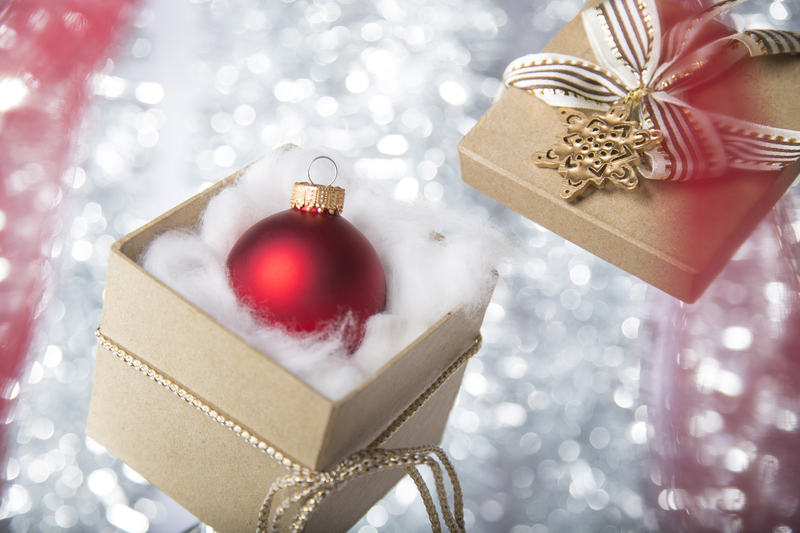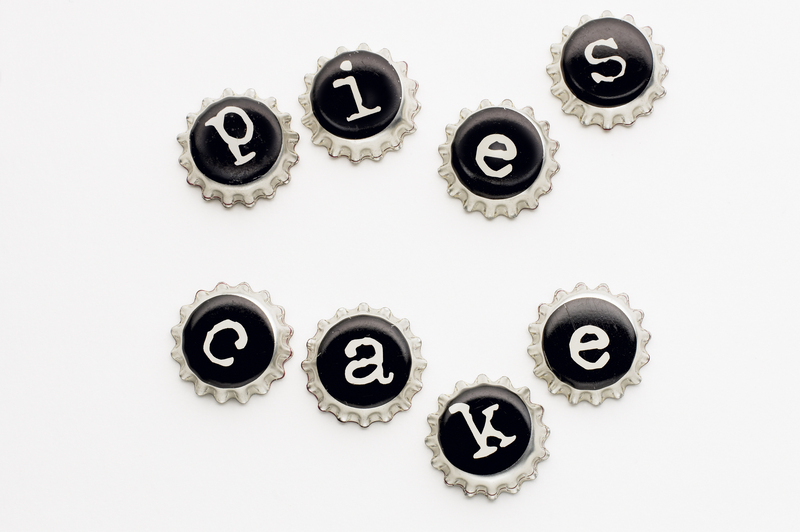Smart Options for Disposing of Damaged Pots and Pans
When your favorite cookware serves its purpose and begins to show signs of wear and tear, finding the right way to dispose of damaged pots and pans is essential for both the environment and your home. Dumping metal pans or nonstick pots into the landfill not only harms the ecosystem but also squanders valuable materials that could be given a second life. This comprehensive guide outlines smart ways to get rid of old cooking utensils, ensuring you make eco-friendly choices while minimizing waste.

Why Proper Disposal of Damaged Cookware is Important
Many people are surprised to learn that throwing pots and pans in the trash can contribute to severe environmental issues. Old cookware may include metals, plastics, or coatings that don't decompose easily and may leak toxins. By carefully choosing how to get rid of unwanted pots and pans, you help:
- Reduce landfill waste
- Conserve natural resources through recycling
- Prevent pollution from non-biodegradable materials
- Support local charities and circular economies
Understanding What Makes Pots and Pans Hard to Dispose Of
Cookware is often constructed from tough materials like stainless steel, aluminum, copper, cast iron, or may include non-stick surfaces and handles made from synthetic materials. These factors can complicate pans and pots disposal because:
- Nonstick coatings (such as Teflon) may not be recyclable.
- Mixed-material cookware (metal with plastic, silicone, or rubber parts) generally needs to be separated before recycling.
- Recycling centers have different rules for handling household items.
Eco-Friendly Ways to Dispose of Old Pots and Pans
1. Donate Usable Cookware
If your old pots or pans are still usable--perhaps just scratched or lightly scuffed--donation is the best option. Several organizations and entities may welcome these items:
- Local charities and shelters: Homeless shelters, food pantries, and family support centers often need basic kitchenware.
- Thrift stores: Goodwill, Salvation Army, and other secondhand shops may accept gently used cookware.
- Community centers: Check with local community or youth centers for donation opportunities.
2. Upcycle for Creative Home Uses
Put your creativity to work! Older or damaged cookware can be upcycled into useful or decorative household items. Here are some inventive ideas:
- Garden planters: Fill old saucepans or frying pans with soil and transform them into unique plant containers.
- Wall decor: Vintage pans with interesting shapes or colors can be hung on walls as a rustic kitchen display.
- Storage solutions: Use a deep old pot as a stylish bin for utensils or gardening tools.
- DIY clocks: Add clock hands to an old pan for an eye-catching, upcycled timepiece.
3. Recycling Damaged Cookware
For heavily abused or completely unusable pans and pots, recycling is the smartest option. With the right process, you can keep metals and materials out of the landfill:
- Check local scrap metal facilities: Most metal pans (aluminum, stainless steel, copper, cast iron) can be recycled at local scrap yards.
- Municipal recycling programs: Some city programs accept metal cookware--but often require removal of plastic or wooden handles first.
- Retail take-back programs: Some cookware brands or retailers collect used pots and pans for recycling when you purchase new items from them.
- Broken covers or glass lids
- Handles made from plastic, wood, or silicone
- Non-metal attachments or insulation
Responsible Disposal of Specialty Cookware
Nonstick and Teflon Pans
Disposing of nonstick cookware requires extra care because the coating often contains polytetrafluoroethylene (PTFE) or other chemicals. If your pan's coating is flaking or delaminating, do not donate or reuse for food. Instead:
- Contact your city recycling office for guidance on handling nonstick pans.
- Some metal recyclers accept Teflon-coated items, but others don't--ask ahead and comply with their preparation steps.
- Wrap nonstick items carefully if sending to the trash, to limit human and wildlife exposure to chemicals.
Ceramic, Glass, and Enamelware
Most glass cookware, ceramics, and enamelware cannot be recycled with regular glass because they have different melting points and may contaminate batches. Options include:
- Donate unbroken items to thrift stores or community groups.
- Repurpose as storage or decorative pieces at home.
- If broken, wrap thoroughly and dispose of with household trash--or check if your city offers specialty recycling programs.
Cast Iron and Copper Cookware
Cast iron and copper pots and pans are very valuable to scrap metal recyclers due to their high metal content. For damaged cast iron:
- Recycle with scrap metal facilities after removing handles or non-metal parts.
- If the pan is salvageable, consider re-seasoning or repairing--cast iron is extremely durable and can often be restored.
- For copper cookware, removing inner linings (tin or other metals) may improve your scrap value.
Sustainable Choices When Buying New Cookware
One of the best ways to make cookware disposal easier is to choose eco-friendly pots and pans for your next purchase. Consider:
- Recyclability: Opt for pans made with a single metal type, as these are usually easier to recycle.
- Longevity: Invest in high-quality pots and pans that last longer, reducing future waste.
- Take-back and recycling programs: Some brands run recycling initiatives--ask before you buy!
What Not to Do When Disposing of Damaged Pots and Pans
Avoid these common mistakes:
- Don't dump cookware in curbside recycling bins unless your local rules permit. Cookware can clog sorting machines and contaminate recycling streams.
- Never donate unsafe, flaking, or heavily rusted pots and pans. This is a safety hazard for others.
- Don't burn cookware in backyard fires--this can release fumes and damage your health and the environment.

Frequently Asked Questions: Disposing of Old Pots and Pans
Can you put pots and pans in the recycling bin?
Generally, no. Most municipal recycling programs do not accept cookware in curbside bins, even if they are made of metal. Always take them to a dedicated scrap yard or follow special local procedures.
Is it safe to donate scratched non-stick pans?
If the coating is only slightly scratched but not flaking, light-use donation may be possible; however, if the coating is chipping, the pan is unsafe for food and should not be donated.
How do I know if my old pans can be recycled?
Most uncoated metal cookware (aluminum, stainless steel, copper, cast iron) can be recycled at scrap metal centers. For coated or mixed-material pans, check with your local recycler for specific rules.
Are there any take-back programs for old cookware?
Yes! Some retailers and manufacturers offer recycling programs when you purchase new cookware from them. Look for these options when upgrading your kitchen.
Summing Up: Make Smart Choices for Old Pots and Pans Disposal
Disposing of old or damaged pots and pans doesn't mean throwing them in the trash. By exploring smart disposal options like donation, upcycling, and proper recycling, you help preserve natural resources and reduce landfill waste. Here's a quick checklist for responsible cookware disposal:
- Donate usable pots and pans to charity or community programs.
- Upcycle for creative household uses if recycling isn't possible.
- Recycle metals at dedicated scrap metal facilities and follow local rules for specialty cookware.
- Buy durable, recyclable cookware in the future to simplify disposal and support sustainability.